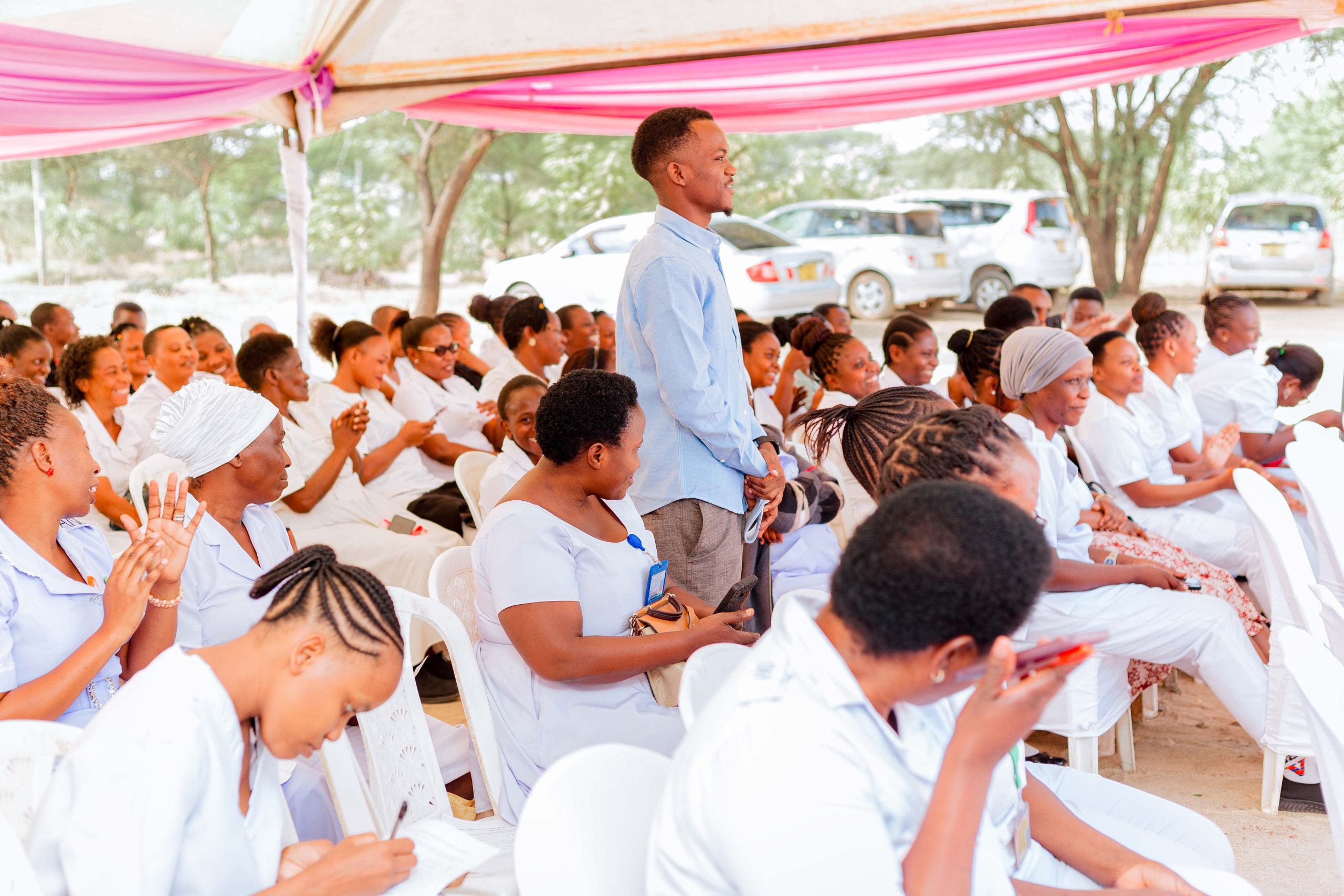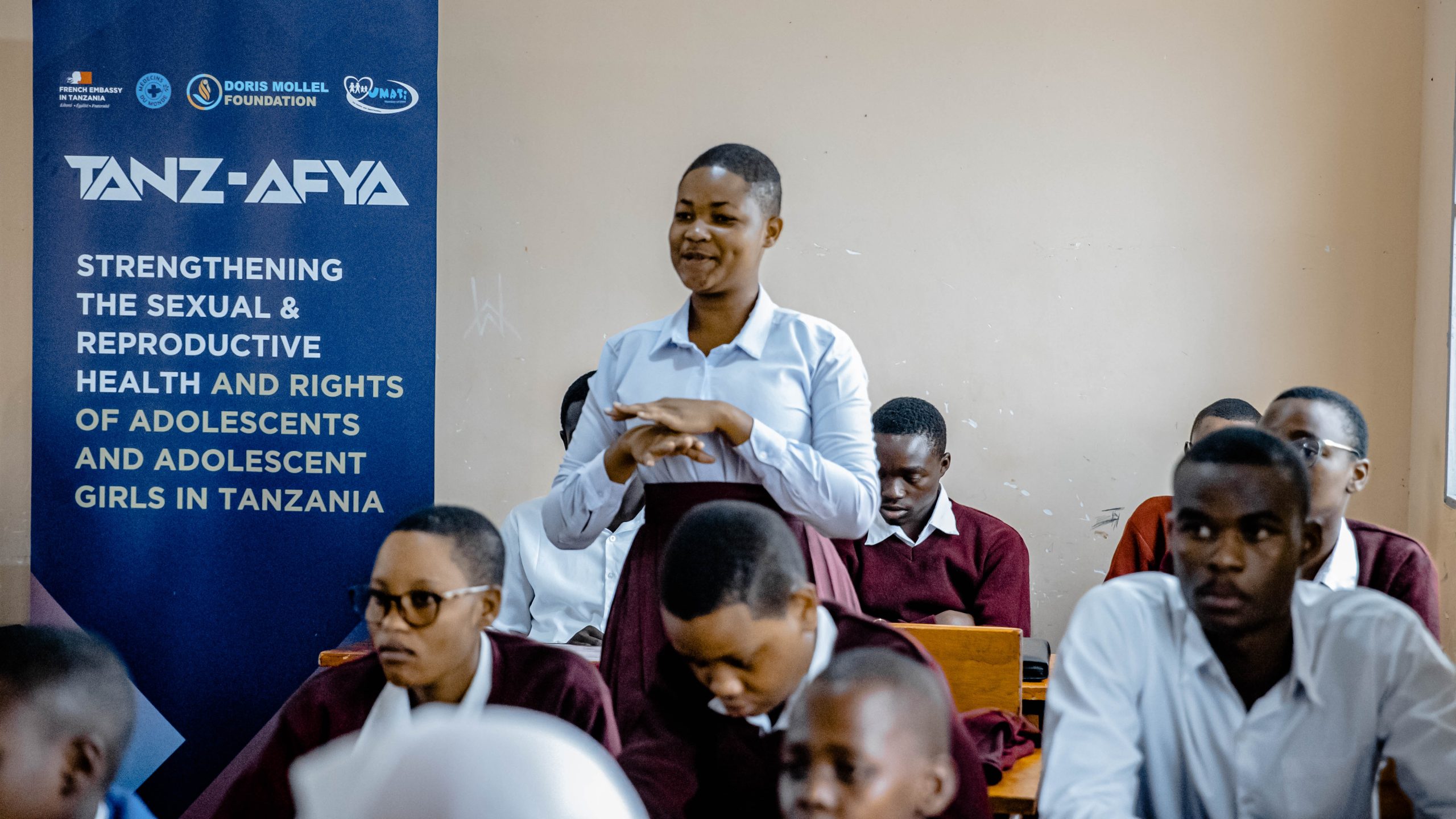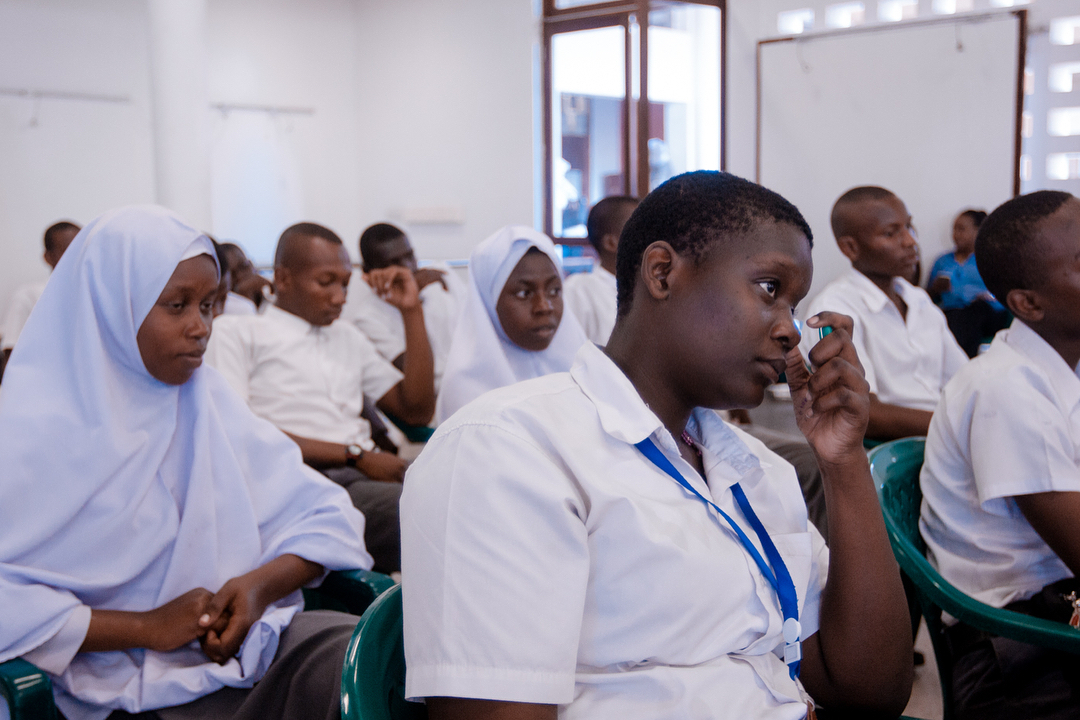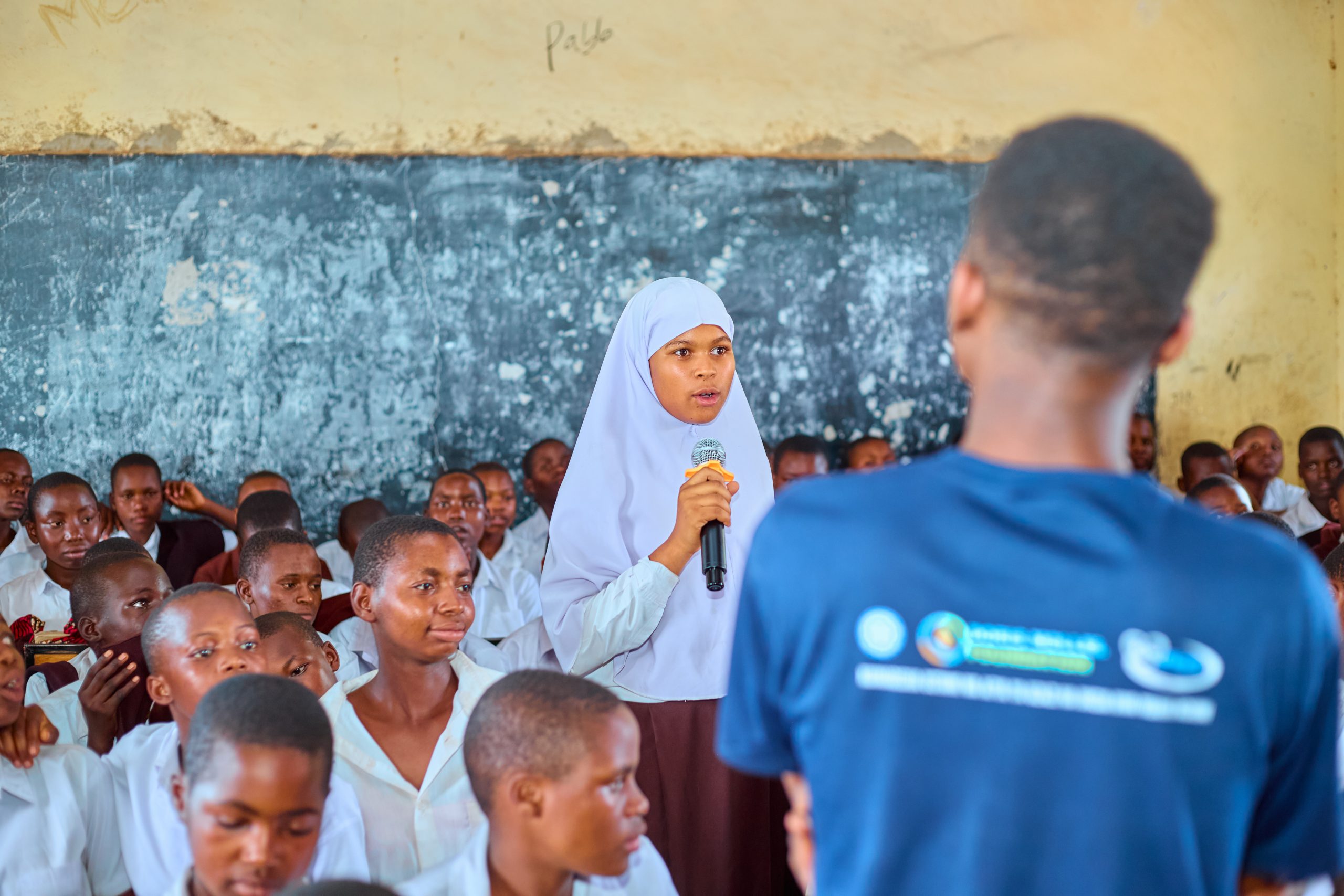Kwimba District Hospital NICU Construction
The Kwimba NICU Project is a flagship initiative exemplifying DMF’s dedication to infrastructure improvement. In the Kwimba District of Mwanza Region (Lake Zone, Tanzania), approximately 18,000 babies are born each year. Until now, not a single neonatal intensive care unit (NICU) existed in this district. Any premature or critically ill newborn had to endure an emergency referral, almost 100 kilometers of rough roads to reach the regional hospital in Mwanza, a journey that often resulted in an dangerous delays or even death due to the baby’s fragile condition. Recognizing this gap, DMF is leading the construction of the first-ever NICU at Kwimba District Hospital.
This project, which commenced in May 2025 and is slated for completion by November 2025, will establish a fully equipped neonatal care center right in Kwimba. The design includes a general neonatal ward for stable babies, a High Dependency Unit (HDU) for babies needing closer monitoring and support, such as oxygen therapy or CPAP, and a dedicated Kangaroo Mother Care area where mothers can practice skin-to-skin care for premature infants. DMF is ensuring the unit is outfitted with modern incubators, radiant warmers, breathing support machines, and monitoring devices, all the critical technology required to care for low-birth-weight and sick newborns.
Once operational, the Kwimba NICU is expected to serve over 1,300 vulnerable newborns annually. Families in Kwimba will no longer be forced to travel long distances at desperate moments; instead, babies will receive timely, high-quality care immediately after birth, close to home. We anticipate a sharp reduction in neonatal mortality in the district as preventable deaths decline. Moreover, the presence of this NICU will build confidence in the local health system and encourage more mothers to deliver in health facilities, knowing advanced care is available if needed. Throughout the construction phase, DMF has also run community outreach in Kwimba, educating the public about prematurity and the importance of specialized newborn care. This has fostered local ownership, with community members and leaders eagerly awaiting the NICU’s opening. The Kwimba NICU Project is not just a construction job; it is a beacon of hope, demonstrating how investing in healthcare infrastructure at the district level can save lives and set new standards for maternal and newborn care in Tanzania.








